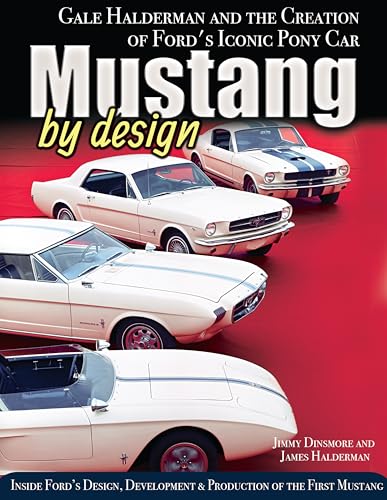The new Idler came in a rebuild kit I bought from a member of this forum. I've already thrown away the bag it came in, but its geometry matches what I removed, along with the Steering Arm. It has a PN 3355-A on the arm. The bushing on the Center Link has the same PN as a Moog bushing I have. It looks a lot like the Rare Parts version, but not as beefy.Just curious, what brand / make idler arm did you put in there?
The geometry of some repops may not be as the original and if so, that will undoubtedly cause problems. That could be what is causing some of your issue.
Here's a sketch I did to illustrate what I mean. Sorry, this copy is not very clear.
The part I put in my car was the Rare Parts brand (from NPD) and while it may look different the geometry is the same and I have no issues with steering in that regard.
After reverting back to the old, but still good, Idler, it now returns to center. That Center Link joint was very stiff. Maybe these things break in or maybe the rubber on the one I have has hardened? Also, I put it together dry....maybe it's supposed to get some silicone grease?
Edit: I found a picture from the seller's posting:

Last edited:















































